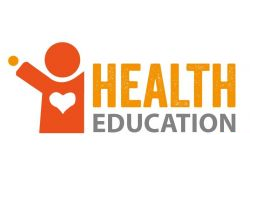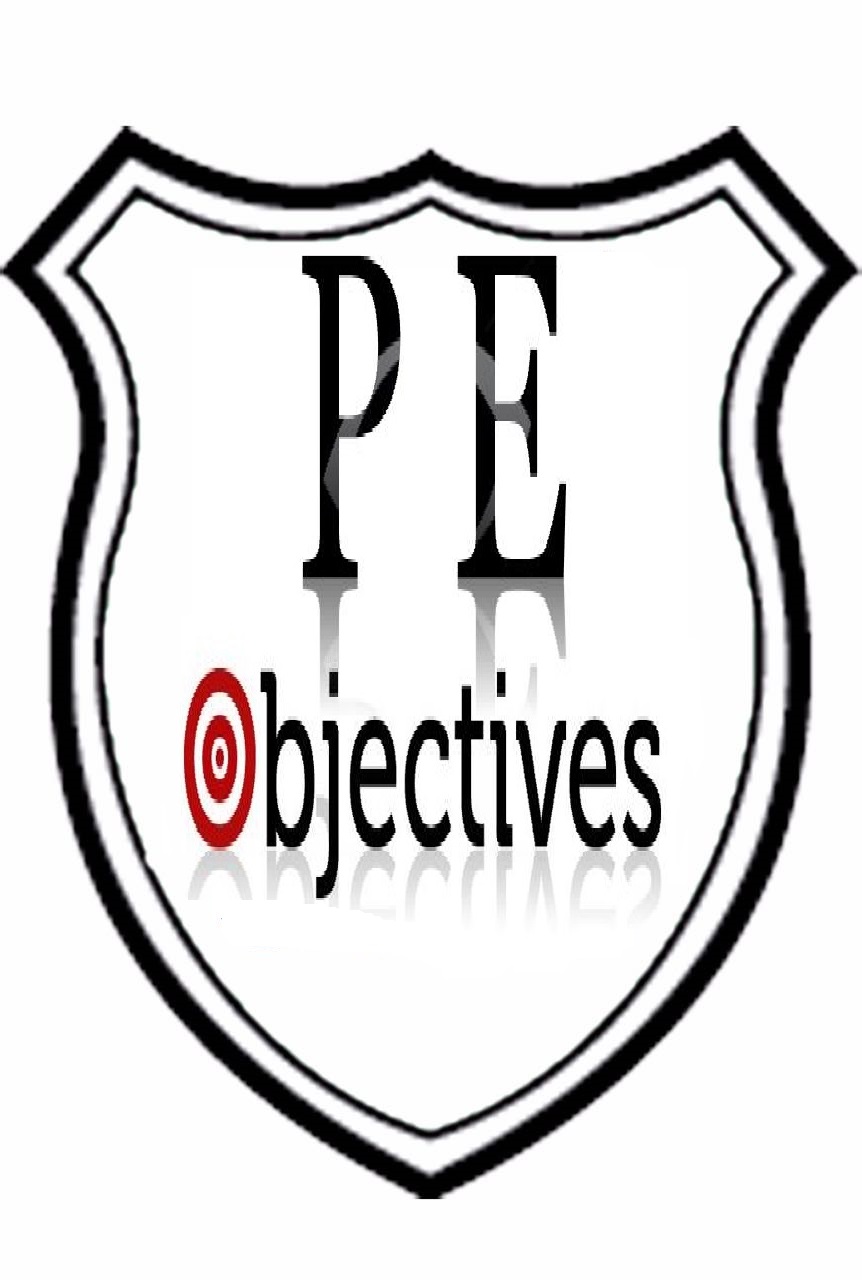Health education is the cornerstone
in the prevention of diseases and at all stages of treatment. It is the first
action to promote health, through which knowledge and health information are
promoted. It also aims to change people’s attitudes and adjust the health
risky behaviors, especially with the steady increase of unhealthy lifestyle
that may contributes to diseases such as hypertension, diabetes and infectious
diseases. The youth age group (18-24) is an important and vital part of all
societies due to the strength and the outstanding contribution in this age
group. Therefore, designing health education programs to young people (students
of the University of Jordan) are important to promote and improve their health
lifestyles by providing them with knowledge and activities to motivate them and
expand their choices to make well informed and healthy decisions related to
their health.
The youth during their transition
from the school to the university, are considered to be one of the most
sensitive groups highly affected by socio-economic factors and the surrounding
environment, because of overlapping and intertwining of several different
changes in their life, physiologically, socially and psychologically. Moreover,
there is also a link between the health of youth and the health of society. It
is also seen as an indicator of the progress of the society. This period is
characterized by rapid and interrelated changes in the body, the mind and
social relations. Investing in this age is an investment for the development of
the future of any society.
It was therefore necessary to help
young people to successfully pass this stage of life providing them with
knowledge and skills in order to avoid the harmful or dangerous unhealthy
behaviors which adversely affected their health and thus prevent physical and
psychological diseases. This of course necessitates the development of a system
of youth friendly services adapted to the local cultural context and meeting
the health, social and psychological needs of young people, accordingly, the
school of nursing at the University of Jordan established a Youth friendly
Clinic for Health Promotion.
In this clinic, we believe that
health education is considered a continuous, connected and cumulative learning
process based on active collaborative learning strategies. Health education is
one of the nurses’ roles and at the clinic will be provided by nursing students
with supervision of the instructors. Preparation nursing students as health
educator is one of the skills students should develop to assume this role in
the future used in addition to volunteer
students from other disciplines. Accordingly, a learning strategy adopted in
health education is the “systematic peer learning”, where learners teach each
other and are built on the basis that learning is learner-centered. Taking into
account an effective learning environment that focuses on full student
integration in the active learning process under a teacher’s supervision It is
as well consistent with the needs of the youth rapid change and continuous
development in all paths of their lives. Peer learning has many advantages; of
which develop the students’ management skills; support their
self-responsibility, improve their communication skills and improves
self-direction, independence, and self-confidence; Provides opportunities for
positive interaction among students; develops students' abilities and invests
their energies time and experience, foster mutual trust and respect, increases
the interest of learners in learning, in favor of individuals who prefer the
individual education, Provides an opportunity for each student to learn
teaching skills and to practice, training and having feedback, develop the peer
capacity for collaborative learning, which has become an educational necessity
because of the impact of those with high knowledge on their peers. Develop
talent; inspiration, interests, tendencies of students and fill their leisure
time develop a positive trend toward educational material institution. To take advantage of all these
positive benefits, a youth-friendly health education clinic / faculty of
nursing established to achieve what we desire from a vibrant health community.

Health Education / Youth Friendly Clinic
About the Clinic
The clinic is affiliated to the School of Nursing, which started
working in the second semester of the academic year 2017 - 2018.
This youth-friendly health promotion clinic / School of nursing
aims at raising health awareness, promoting a culture of health promotion and
disease prevention, through primary and preventive health care, promoting
healthy behavior and modification of unhealthy behavior among the youth. This
can be achieved by providing individuals with information, experiences and skills
required to enhance knowledge, inclinations and behavior regarding the
individual’s health.
The youth-friendly health promotion clinic / School of nursing also
works to activate the systematic peer learning strategy, which will increase
the interaction of nursing students with students in other schools, departments
and units. We believe in the active role of the School of Nursing students and faculty
to raise the health awareness at the University of Jordan community. This can
be achieved by conducting several activities such as; workshops and educational
courses based on the needs of members of the university community, health awareness
campaigns, counseling, and general health examinations.
The activities and services of the clinic
will be offered during the academic semester as part of the nursing students
clinical training and volunteer students as extracurricular activities.
Philosophy of the Clinic
·
Ensuring
healthy lives and promoting the well-being for all at all ages is essential to sustainable
development of the society.
· Obtaining
a quality education is the foundation to improving people’s lives
· Health
promotion enhances the health and prevent diseases
· Systematic
peer learning supports student’s active participation.
· Health
education is considered a continuous, connected and cumulative learning process
based on active collaborative learning strategies
 Vision
Vision
To be a locally
and regionally pioneer clinic in the field of health promotion of young people.
 Mission: Complement the mission of the school of nursing
Mission: Complement the mission of the school of nursing
The
Youth-Friendly Health Promotion Clinic dedicates itself to improve health and
wellbeing of youth at the University of Jordan through raising the health
awareness of the youth. This can be accomplished by disseminating messages enhancing
healthy lifestyles through a systematic peer learning strategy to increase the
interaction of Nursing students as health educator with the university
community, and through non-curricular activities (community service).
 The objectives of the clinic
The objectives of the clinic
· Raising
health awareness.
· Promote
primary health care by providing high quality, comprehensive and gender equal
health care promotion. This can be achieved by providing health education
services to male and female students and workers of different nationalities and
religions.
· Provide
students with knowledge and skills to adopt healthy behaviors and modify unhealthy
ones.
· Communicate
health information to individuals in order to motivate them to identify and
solve their health problems within their potential, and to identify the ideal lifestyle
for a healthier life.
· Involve
the students in productive extracurricular activities in their free time.
· Train
the nursing students to assume the health education role.
· Enhance
inter-professional collaboration and interaction between the school of Nursing
and the other schools at the university particularly health schools involving topic experts to participate in the
clinic activities.
· Build collaborative relationships with local and international bodies that promote
health awareness.
· Encourage
youth to seek promotive and preventive health care services and engage the
university student as being active and effective member in promoting their health.
· Establishing a health data base that can be used for planning
health services and scientific research.
The Clinic's
activities cover the following topics:
·
Prevention
of diseases.
· Disease
management and prevention of complications.
·
Coping
and adaptation to stressful situations.
·
Screening
and control of infectious diseases.
·
Early
detection non-communicable diseases.
·
Raise
health awareness of emerging diseases.
·
Maintain
a healthy environment free of pollution and risks.
·
Provide
psychosocial counseling.
·
Reproductive
health
·
Safe
parenting
·
Individualized
counselling
Clinic Roles
The clinic will implement the following tasks:
· Organize quality health awareness campaigns and programs.
· Provide health education and counselling.
· Prepare, select, use and evaluate educational aids and educational
materials.
· Plan implement and evaluate health promotion programs
· Design educational programs in innovative and attractive ways at
all levels (individually, and group ).
· Collaborate with local and international health care agencies and
organizations.
· Ensure the quality standards
· Ensure ethical conducts applied to all activities
· Inviting experts on specific health issues to participate in
clinic’s activities.
· Establishing a health indicators data base that can be used for planning
activities and scientific research
· Apply for external financial support (grants)
· Launch website on the University of Jordan page , and facebook page
· Formation of a support team to work in all stages of the
implementation process that consist of several committees.
· Conducting
training courses to prepare the participants to carry out the tasks of the
proposed committees.
·
Strengthen
the relationship with the outstanding graduates of the Faculty of Nursing, for
the purpose of participating in various clinic programs.
·
Establishing
a club (Friends of Health) and setting up a health campat the university
campus.
·
Preparing
the clinic action plan each semester to be approved by the executive committee.
·
Disseminate
health awareness information by Media, newsletter or Journal
·
Advertise
the activities through different channels
